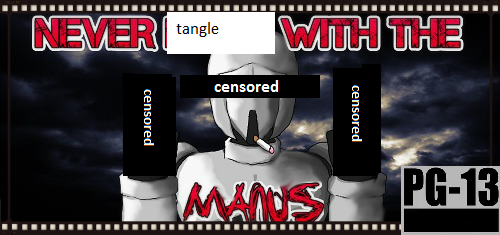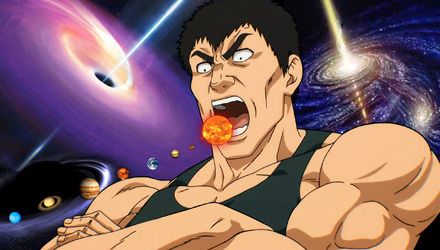
Originally Posted by
Loony BoB

To be fair, I can't think of any game off the top of my head where choices can have that heavy an impact on the plot. So far, ending not yet reached, I've already seen the impact my choices in the first game has had on the last game in the Mass Effect series. I don't think that's too big of an issue, personally. Choices in that game have a notable enough impact to keep me satisfied. But games where you can be either good or evil tend to always end up with you saving the world or whatever regardless. I'd be interested to see how many games out there are played out in such a way that you can actually have two entirely different plots, one good and one bad, or perhaps even more branches.





 Reply With Quote
Reply With Quote



 I may just check that game out when I have a bit of spare cash and have finished my current games (FFVI, FFIX, ME3). ...whenever that might be. xD
I may just check that game out when I have a bit of spare cash and have finished my current games (FFVI, FFIX, ME3). ...whenever that might be. xD





 " at the same time.
" at the same time. 